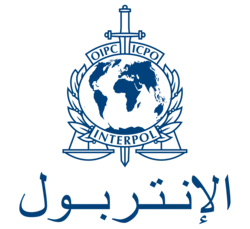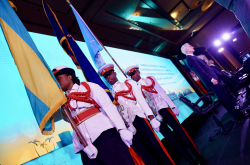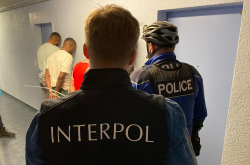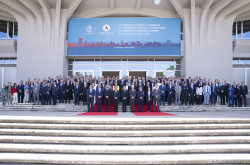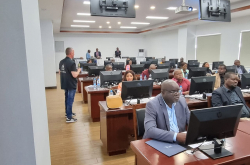VIENNA, Austria – INTERPOL and the Governments of Colombia, Honduras and Spain gathered last week to focus on how organized crime groups operate internationally, and emphasize the importance of international police cooperation in addressing global drug trafficking rings.
Entitled Latin American Organized Crime Groups and Worldwide Drug Trafficking, which saw the participation of over 100 high-level representatives from permanent missions, ministries, law enforcement agencies, international and regional organizations, the event was held on the sidelines of the 62nd session of the Commission on Narcotic Drugs, the United Nation’s main forum for dialogue on drug policy.
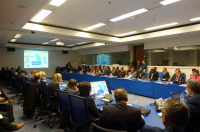
According to data collected by INTERPOL, organized crime groups have extended their reach far beyond their countries of origin, leading to a shift in the global drug trade.
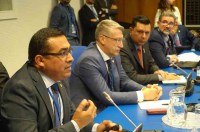
With this in mind, identifying, disrupting and dismantling the organized criminal groups behind the illicit drug trade were high on the agenda of the event.
José de Gracia, Assistant Director of INTERPOL’s Criminal Networks unit, pointed to the police body’s capabilities in tackling drug trafficking, including:
- Its secure global communications system and criminal databases;
- Global operations, such as 2018’s Lionfish, which led to the arrest of 1,300 suspects;
- Criminal analysis of intelligence on drug trafficking routes, modus operandi and the criminal networks involved.
Representatives from Colombia, Honduras and Spain shared concrete examples of how they are fighting the organized crime groups and gangs involved in the drug trade, including the resources necessary, prevention strategies and proven cooperation mechanisms.
The event comes a few weeks after INTERPOL led Operation Trigger V, which resulted in the seizure of 850 firearms and 560 arrests, including gang members belonging to MS13 and Barrio18.
الأخبار ذات الصلة بالموضوع

